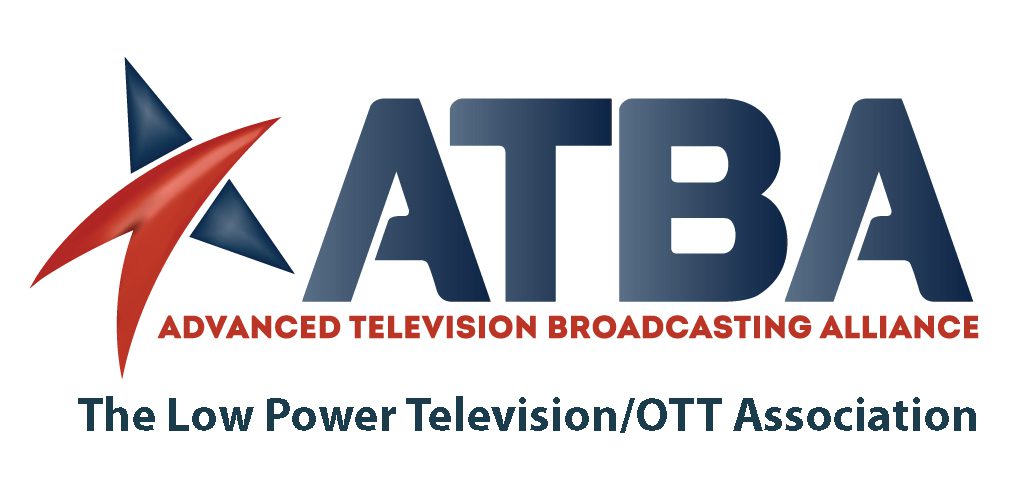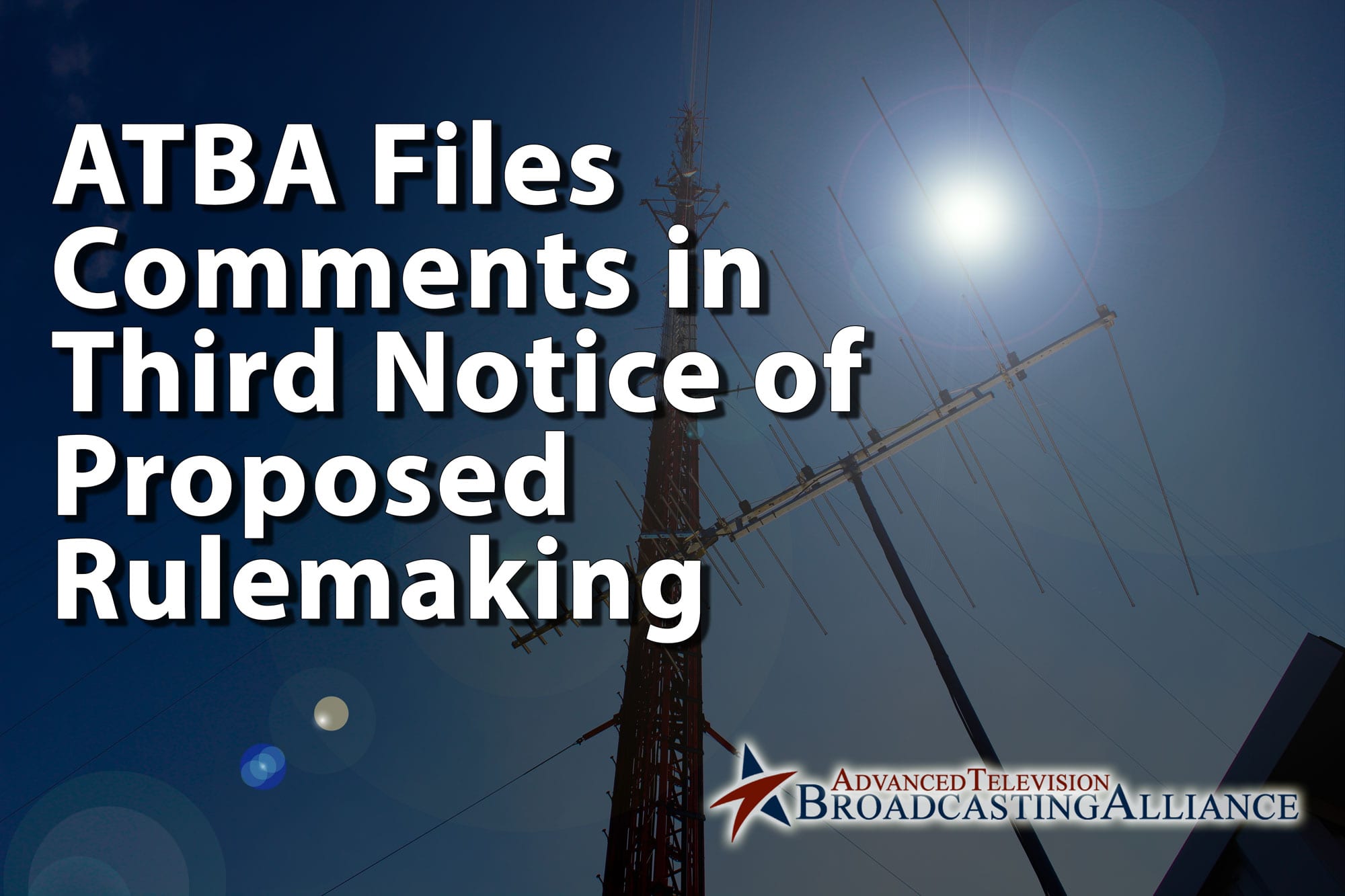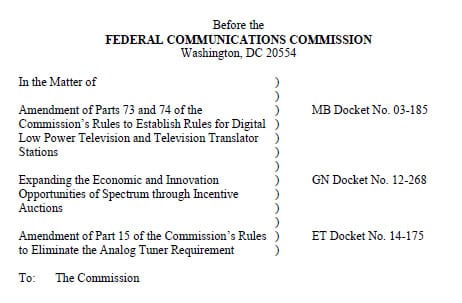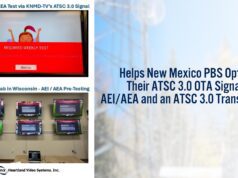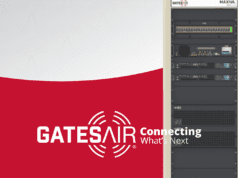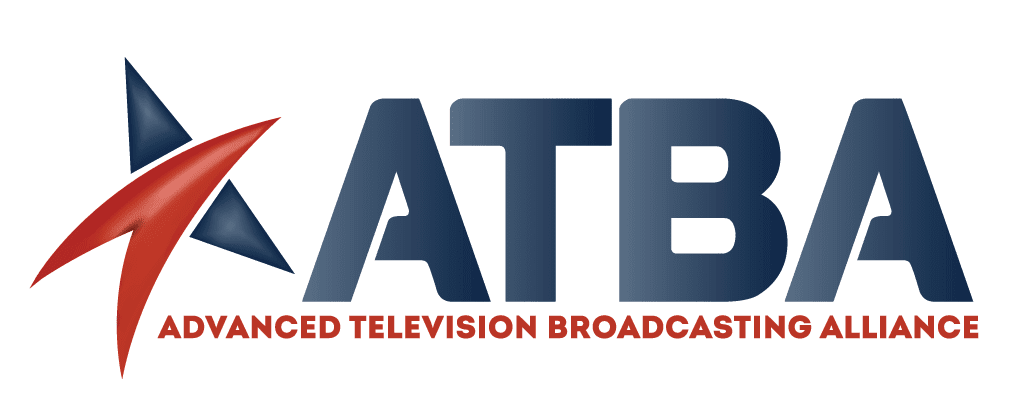In these comments the Advanced Television Broadcasting Alliance (“ATBA”),1 responds to matters raised in the Third Notice of Proposed Rulemaking in the dockets listed in the caption above.2
At the outset we observe that broadcasters, and in particular, owners, operators and licensees of LPTV stations, translators and boosters have very little information on which to adequately formulate comments. We therefore respectfully request that the Commission fully consider the entirety of the record developed in this proceeding, givingeach ex parte submission the full weight accorded to comments and reply comments. In other words, the Commission should continue to foster its longstanding mandate to enable policies, procedures, rules and technologies that will preserve and enhance broadcast service, including those that operate today and serve the public on a secondary basis.
Discussion
A. The FCC Should Extend the Digital Transition Date and the Construction Deadline for New Digital Stations
The NPRM proposes to postpone the September 1, 2015, deadline for LPTV and TV translator stations to transition to digital operations,3 and to extend the construction deadline for new digital LPTV and translator stations to conform to whatever new deadline is adopted for the LPTV digital transition. Simultaneous with the release of the NPRM and in response to a petition filed by ATBA, the Commission suspended expiration dates for new digital LPTV and TV translator stations.4 The NPRM asks whether the Commission should establish a new deadline now, in response to the NPRM, or at some other time prior to the auction, or wait until after the auction to establish a deadline.
ATBA supports the FCC’s tentative conclusion to postpone the transition deadline and conform the new facility construction deadline to the postponed date. However, we do not believe the FCC has sufficient information at this time to establish a common transition and construction deadline, and we believe it extremely unlikely that the FCC could have sufficient information prior to the auction. Indeed, the FCC has not yet adopted specific auction procedures, and many significant questions about the repacking process and the post-auction interference environment remain unanswered.
Although ATBA members are anxious for certainty, the FCC should make sure that it has as much information and data as is needed to make critical policy decisions that will decide the fates of thousands of licensees and millions of viewers. Critically, the most important information will not be known until after the auction closes – and, in many cases, well after the auction closes. To transition to digital facilities or build new facilities a licensee needs to know the actual, final parameters of the new channel, including what other licensees must be protected and what interference must be accepted. The licensee needs this information to determine whether or not there is reason to construct and operate. And this information cannot possibly be known until all fullpower and Class A stations have received their final channel assignments, including any changes made in the optimization phase or at any other time post-auction for any reason.
Assuming an available and useful channel, and having made the decision to transition or build, the licensee must then obtain all necessary resources – a site and tower, transmission equipment, engineering support and other human resources. The record amply reflects that these resources will be in short supply and subject to very high demand for years after the close of the auction. The real-world environment will dictate the reasonable transition and construction periods for LPTV and translator stations. For this reason alone ATBA believes that the FCC cannot reasonably establish transition and construction deadlines until after the auction.
The FCC should do everything reasonably within its power to provide certainty to LPTV and translator licensees and permittees. The Commission should acknowledge that the deadline cannot realistically be set until after the auction, and should confirm that the deadline will fall at least one year after the post-auction period allowed for full power and Class A stations to complete construction of their facilities as modified in repacking. The Commission must recognize that the ability of a LPTV or translator to transition or construct facilities will be impacted not only by the timing of repacking in its immediate area, but by the progression of repacking nationwide. The record reflects that there will be critical resource shortages to support repacking. The Commission has proposed to phase construction deadlines for full power and Class A stations to the degree possible to balance excessive demand on those resources.5 It would not only be unreasonable, it would be counter-productive, for the FCC to require LPTV and translator stations to compete for those limited resources during the same time frame.
For the same reasons, we do not believe the Commission should decree, in advance of the auction, that it will not entertain more than one request for extension of a construction permit before it becomes subject to the tolling rule.6 There is no reason for the FCC to adopt such a policy in a vacuum of information. The FCC can assert aspirational deadlines and, when necessary information is available, it can and should adopt reasonable policies regarding extensions. But there is simply no reason to establish hard deadlines now, when the ability of permittees and licensees to actually meet those deadlines is uncertain at best.
B. The FCC Should Give LPTV Stations Broad Flexibility to Use Any Reasonable Operating and Technical Approaches, Including Channel Sharing, to Preserve Post-Auction Service
The NPRM tentatively concludes that the FCC should adopt rules to permit channel sharing by and between LPTV and translator stations, and generally proposes to allow LPTV and translator stations more flexibility with respect to channel sharing than is afforded to full power stations. With two caveats, ATBA supports rules that would give LPTV and translator licensees broad flexibility to share channels. First, channel sharing should be absolutely voluntary in the broadest sense of the word. The FCC should not take any actions, or adopt any rules, policies or processing mandates that would have the direct or indirect effect of coercing LPTV and translator stations to share channels. Obviously, some licensing and operating rules are needed to address the unique situation of channel sharing. But the FCC should not grant any dispensations, preferences, waivers or any other advantage of any kind to channel sharing stations that are not available equally to all stations, or apply any restrictions or limitations of any kind on non-sharing stations that do not also apply to sharing stations.
Second, in assessing the impact of its auction and repacking rules on LPTV and translator stations, ABTA submits that under the FCC’s general obligation to serve the public interest, it should not consider channel sharing as mitigating loss of service. Channel sharing is a licensing construct that may be a useful tool to help make the loss of service marginally less catastrophic and random for some licensees and their viewers, but the net loss of service, and potential for future service improvements, is not changed by channel sharing. Channel sharing helps distribute the loss, but it does not reduce the loss. The FCC should thus strive to preserve the greatest number of 6 MHz LPTV and translator assignments.
ATBA supports the FCC’s proposal regarding termination of a license that shares a facility. The remaining licensee should have a right to have the assignment redesignated as not shared, or to enter into a channel sharing agreement with another licensee and resume shared operations. Under no circumstances should any broadcaster ever be required to share facilities involuntarily with any party. The FCC’s rationale for permitting channel sharing should also be applied to other aspects of LPTV and translator licensing and operations. The FCC should give broadcasters flexibility, within reason, to use any new business arrangements, technologies and service architectures to preserve and enhance service to consumers so long as broadcasters continue to use their licenses to provide free, over-the-air broadcast service.
ATBA has consistently supported providing broadcasters with technical flexibility to deploy newer, more robust, more useful, and more capable transmission technology. Requiring broadcasters to use antiquated technology (8-VSB) and inflexible architectures (primarily single-tower/site licensed service) works an immense disservice to the American public. While pay-to-play services proliferate by consistently deploying the latest technology to enhance service and usability (and charging consumers ever-higher fees for access), broadcasters are required to use decades-old technology to deliver the service they make available for free.
When broadcasting was the only source of television and innovation in consumer electronics moved at a comparative snail’s pace, a mandatory broadcast standard probably made sense. Even if broadcasters had technical flexibility, there was no ecosystem of innovation. Television was watched exclusively on “television sets” and almost exclusively in one or two rooms in homes. Televisions were once like refrigerators – buy the best equipment you could afford and keep it for twenty years. The government of course wanted to ensure that every broadcast could be viewed on every “television set.” Universal compatibility was the goal. And it worked in that era.
But today, television is provided in many forms and formats and consumers watch anywhere and everywhere. Yet for historical, economic or other imponderable reasons, no other source of television, save broadcasting, consistently provides uniquely local programming or is responsive to the needs of specific communities. It is a sad irony that the policies implemented decades ago to achieve the laudable goal of universal compatibility today are making broadcasting harder and harder to access relative to pay services. Free over-the-air television, and its uniquely diverse local content, today are available on an ever-smaller percentage of the devices people use to watch television.
Allowing broadcasters to innovate free from antiquated mandatory standards is plainly the right thing to do. To be clear, ATBA does not use “spectrum flexibility” as a euphemism for abandoning broadcasting service in favor of providing a paid broadband service. Broadcasters should broadcast in the manner in which the service has always been understood. But broadcasters should be permitted to employ advanced technology to provide better broadcast service and to reach consumers where they need, want and expect to be served. This should be too obvious to require being said. To ATBA’s knowledge, no party has seriously argued that allowing broadcasters to innovate will result in broadcasters building facilities and providing service with technology that people cannot actually and easily use.
The severe constraints of the post-auction interference environment should compel the FCC not only to permit new technology, but to embrace it and encourage broadcasters to deploy it. A modern transmission standard and modern deployment architectures (such as single frequency networks) can allow LPTV and translator stations to operate far more efficiently, finding room to continue service with spectrum assignments that would not support a traditional LPTV station. It is nonsensical to prohibit a broadcaster from using its own capital to find more efficient ways to use the public resource of spectrum while providing a better, free over-the-air broadcast service when the alternative is to sign off altogether.
C. The FCC Should Use (and Permit Displaced Licensees to Use) the Allotment Optimization Model to Identify Displacement Channels
The NPRM acknowledges the significant challenges many displaced LPTV and translator stations may have finding displacement channels. The NPRM asks whether the FCC should use its repacking software to identify possible identify potential channel assignments for LPTV and translator stations.
ATBA strongly supports a robust effort by the FCC, using any and all tools (including the repacking and optimization software), to identify potential displacement channels, and agrees that the FCC should not mandate that displaced stations seek any particular assignment. However, the FCC should go further and release the repacking software for use by broadcasters and their consultants. The software was not written for the purpose of identifying available low power assignments. Broadcasters should be free to use, adapt, and modify the software and change input variables in order to explore different and possibly more efficient alternatives that might reduce the loss of service. And, following the logic of flexible use, broadcasters should be permitted to use the software to identify assignments that may work using OFDM rather than 8-VSB, or through deployment of a single frequency network. The principle that innovation is efficient and serves the public interest is the DNA of the Spectrum Act. The FCC should not apply different logic to the problem of making spectrum available for broadcast service than it does to the problem of making spectrum available for commercial wireless service.
The FCC should also announce a policy strongly favoring assignment of displacement channels that replicate, in the aggregate, either the same coverage area and population served (determined via Longley-Rice) or a reasonably equivalent population and coverage area. The move to one or more channels as needed would be at the expense of the broadcaster, but also in the broadcaster’s discretion. And as explained above, broadcasters should be allowed technical flexibility to replicate service within the new interference constraints.
D. LPTV Operators Should Have an Opportunity for “Once and Done”
By the time the auction has closed and full power and Class A stations have obtained final assignments, LPTV and translator stations that survive will have endured many years of uncertainty. Many and perhaps most will have been required to implement costly facility changes. Those stations that run and survive the gauntlet should be given an opportunity to remove that uncertainty going forward by seeking Class A status, subject to complying the applicable requirements. For a reasonable period following the construction deadline for displaced LPTV and translator stations, the FCC should accept and process applications for Class A status from LPTV stations that would be eligible for that status under existing Class A operating requirements. Diversity in media ownership and programming remains a core goal of FCC policy. Diversity is the foundation of the LPTV service, and LPTV licensees have enormously enhanced media diversity. This proposal will not delay or negatively impact the auction or repacking in any way. It would simply give these stations an opportunity to finally achieve permanency and primary status while further enhancing localism. It is a win-win for these stations, the FCC and the American public. The FCC should facilitate this diversity by providing a path to certainty for LPTV licensees that make additional investments in localism.
Finally, the FCC should do what it can within its statutory authority to allow displaced licenses that do not receive displacement channels immediately to retain their “place in line” – priority over new applicants if and when spectrum becomes available for displacement (for example, because of changes to full power facilities or advancements in technology, such as a new broadcast standard).
Respectfully submitted,
1 The ATBA is an organization comprised of hundreds of low-power television (“LPTV”) broadcasters, owners and operators of translators, and allied industry organizations and companies. For efficiency, unless otherwise stated or implied by context, references to “LPTV” in this filing include low power television broadcast, translator and booster stations and services.
2 See Amendment of Parts 73 and 74 of the Commission’s Rules to Establish Rules for Digital Low Power Television, Television Translator, and Television Booster Stations, MB Docket No. 03-185, Third Notice of Proposed Rulemaking, 29 FCC Rcd. 12536 (2014) (“NPRM”).
3 NPRM at ¶5.
4 See Commission Suspends Expiration Dates and Construction Deadlines For New Digital Low Power and TV Translator Stations, Public Notice, FCC 14-150 (rel. October 10, 2014). ATBA appreciates the Commission’s common-sense response to ATBA’s request.
